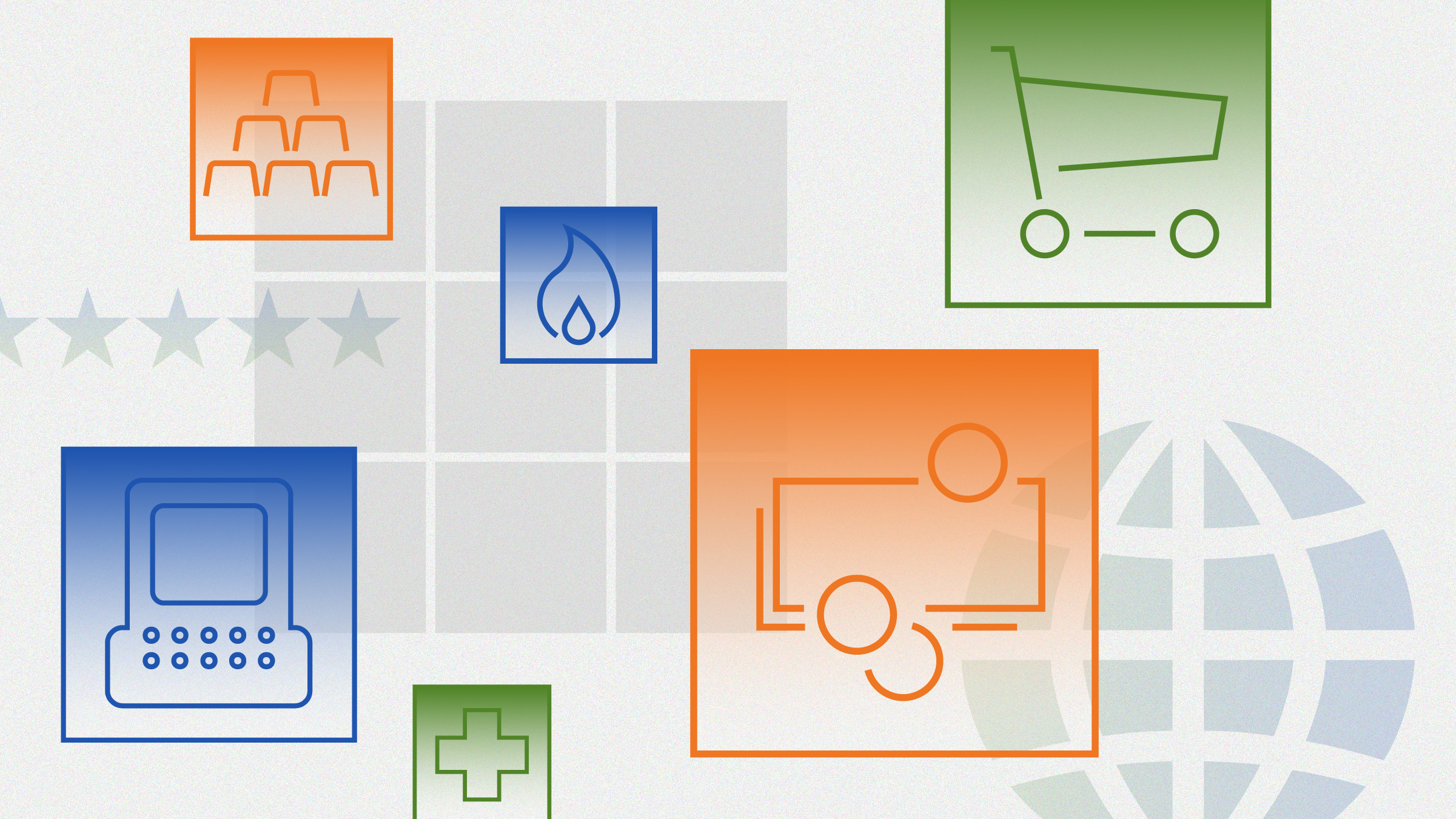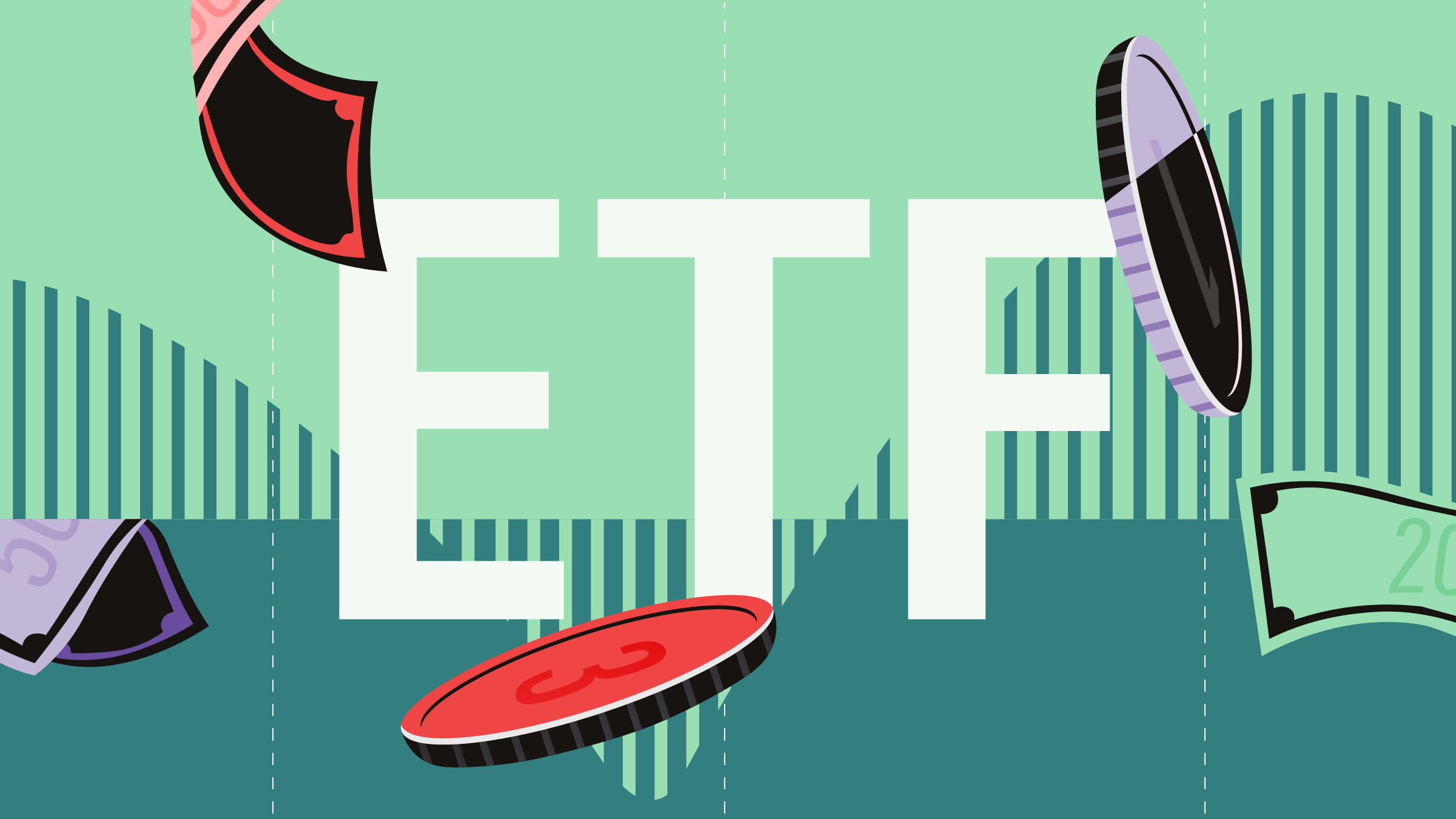Tylsä on paras. Niin ajattelee Terry Smith, Fundsmith-rahastoyhtiön perustaja ja salkunhoitaja, jonka rahastolla on Morningstarin analyytikkojen Bronze-arvosana. Hän ottaa esille monia tunnettuja globaaleja yhtiöitä, mukaan lukien Koneen, esimerkkeinä yhtiöistä, jotka synnyttävät tasaisen varmaa tuottoa omistajilleen. Hänen lempimittarinsa on vapaan kassavirran suhde yhtiön markkina-arvoon, joka kertoo miten paljon yhtiö tuottaa rahaa osakesijoittajille.
Haastattelijana on Morningstar.co-uk-sivuston päätoimittaja Holly Cook.
Holly Cook: I caught up with Terry Smith, Founder of Fundsmith, at the recent Morningstar Investment Conference and asked him to explain why he think investors are better served by boring companies. What does he mean by boring companies? Here is his explanation.
Terry Smith: To say what I mean by boring, I mean very good companies and very predictable companies; typically companies that have been around for a long time, 100 years or more in many cases, and they all make a return on their capital employed in cash that’s way above their cost of funds basically. So every day that they exist, they very predictably make a great return and become slightly more valuable as a result of that by selling us small, everyday repeat items basically.
Cook: So as an investor, how do I identify these boring companies or good companies?
Smith: Yes. You probably have heard most of them actually. I mean, the way I actually do it is I go through the financials for companies online and I look for companies which, right across the economic and business cycle, have made great returns on capital in cash, have wonderful margins and so on. Frankly, you’ve heard of most of them. We’re talking about Procter & Gamble and Unilever. We’re talking about Colgate Palmolive. We’re talking Kone and Schindler in elevators and so on; McDonalds and Domino’s Pizza in fast food. So not very many of these companies are unknowns, probably the least known ones are the medical equipment companies, so things like Stryker and Becton, Dickinson, the people who make syringes and sharps and joints and plates.
Cook: So, in terms of your kind of checklist of the metrics that you might look at when valuing companies, what’s sort of your number one thing to look at?
Smith: Free cash flow yield. I will look at the free cash flow the company generates, and divide it by the market value of the company to see what yield basically. That free cash flow belong to us, the shareholders. They can use that free cash flow to pay dividends, to grow organically or to acquire, but that’s ours, that free cash flow. So I compare that free cash flow yield with other companies, the market, with the bond yield, or what I think the bond yield actually, and look at the relative value that delivers.
Cook: So if I look at the Fundsmith Equity Fund portfolio, I notice that you’ve got, at last check, more than 50% of your portfolio actually in US companies. Does that mean that the US is better at being boring than the UK?
Smith: No. I mean, where the company is headquartered and listed isn’t really that important. It’s where it operates that really matters. I mean, equally, you wouldn’t get this – if you looked at our portfolio, you’d say, well, every company I own is headquartered in North America or Europe; actually, more than 40% of their revenues are in the developing world. That’s the most important thing.
What America is good at, and that’s why it has got those companies that we invest in is, because it’s such a big, long established consumer market, it does develop the sort of heavyweight champions that operate in the areas that we’re talking about. So the biggest fast food franchiser in the world is McDonald’s. The biggest oral care company in the world is Colgate-Palmolive. The biggest consumer goods company is Procter & Gamble, because they’ve just managed to, if you like, bulk up at home before they go out and take on the world.
Cook: So lot of these names that you are mentioning are consumer defensives, I know that you hold a lot of consumer defensive stocks. What other kind of sectors might have characteristics that appeal to your boring company strategy?
Smith: Yes. Medical equipment companies, particularly low-tech medical equipment people who make syringes, sharps, catheters, plates and pins that you need if you break something, replacement joints, those sorts of things fit into it. Franchisors, people who basically make money and can expand using other people’s capital, obviously fast food, but also in the hotel industry; people who are involved in payment system, so people like Visa and MasterCard; people who do payroll software, people like automatic data processing; pretty boring, basic stuff actually.
Cook: So these are all really companies that the average investor can understand, because it’s something very tangible. It’s something that people see in everyday life.
Smith: Yes. I mean, in our office, we keep a number of glass product cabinets and we stock them with things that people supply. Whenever I am traveling, I am off to Japan and Singapore and Hong Kong at the end of the month, I always go into the shops just to see what’s for sale, and I bring things back to put in the cabinet. For example, in this trip I’m going to Japan, I am going to be get some of the – they’ve got some very unusual flavor Kit Kats which are made by Nestle. So, I am going to go and get myself some Wasabi Kit Kat to put into my display cabinet and to eat, try what it’s like. But, yes, and the purpose of those cabinets is when we, or people that visit our office look at them, they can see what we invested. If you went to our cabinets, you have definitely consumed some of the products that we invested in the last 24 hours.
Cook: Terry Smith, thanks very much, and I look forward to hearing how the Wasabi Kit Kat works out for you. Thank you.
Smith: That’s not the most unusual one, trust me.
Cook: Thank you very much.























